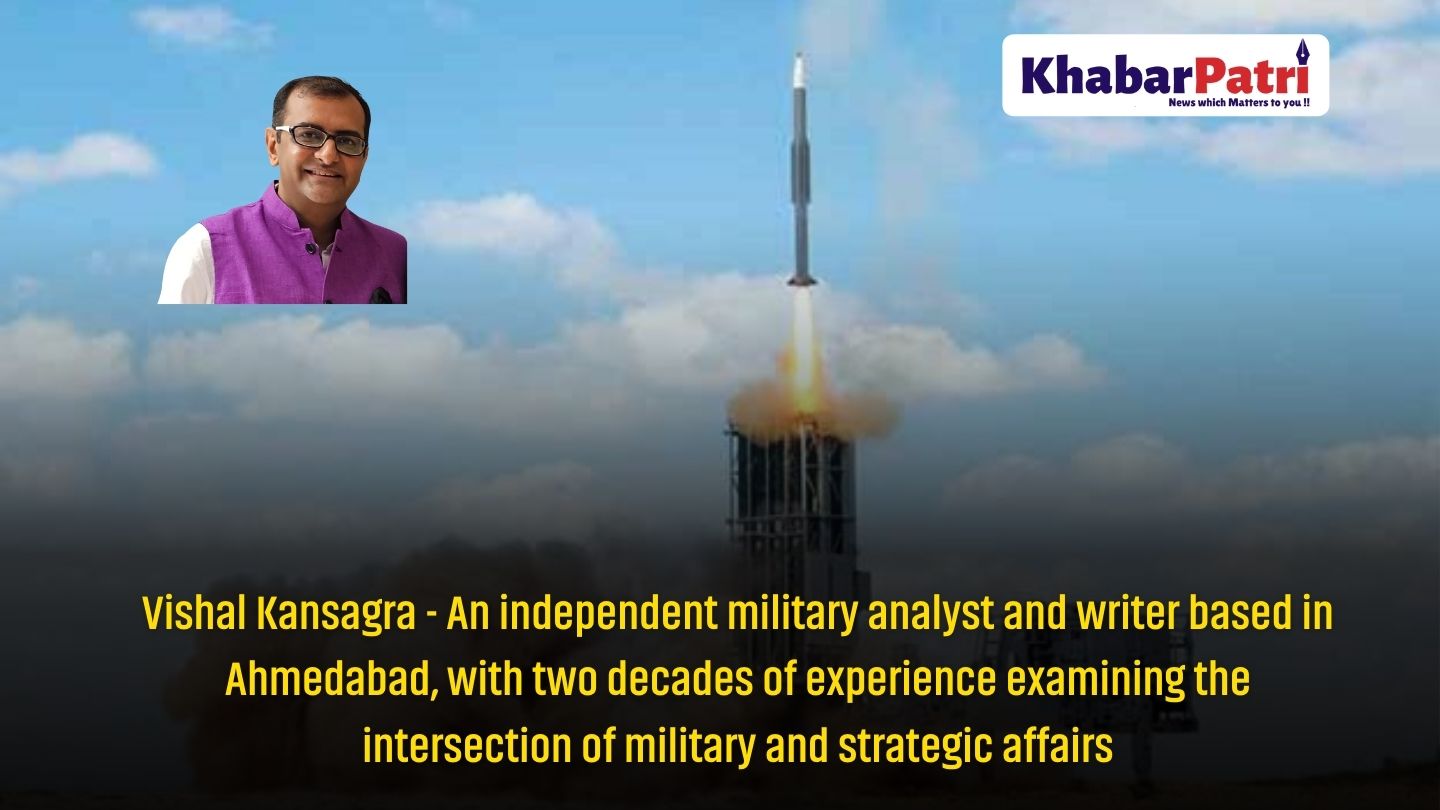Ahmedabad: In an exclusive conversation with this correspondent, Vishal Kansagara, an independent military analyst and writer located in Ahmedabad, who brings two decades of experience analyzing the intersections of military and strategic matters, stated, “To date, no nation has achieved complete self-reliance in the production of defense equipment. Our visionary scientists—Vikram Sarabhai, the Missile Man of India, and Dr. APJ Abdul Kalam—along with government support, have significantly contributed to advancing the space sector and fostering the indigenous production of world-class, cutting-edge defense products, which have, in turn, bolstered our Armed Forces in modern warfare.”
Kansagara further emphasized the importance of continued investment in research and development to maintain this momentum, noting, “Innovation is the lifeblood of any advanced military force. As India continues to push the boundaries of technology and manufacturing, we are witnessing the emergence of a new era in defense capabilities, one that prioritizes autonomy, efficiency, and precision.”
He also highlighted the strategic implications of Akashteer’s success, explaining, “By mastering indigenous technologies, India not only strengthens its national security but also reduces dependency on foreign suppliers, thereby enhancing its strategic autonomy. This shift is crucial in a rapidly changing global geopolitical landscape.”
Kansagara concluded by expressing optimism about India’s future in defense innovation: “With initiatives like Make in India and the active involvement of both public and private sectors, India is well on its way to becoming a global leader in defense technology. The Akashteer system is just the beginning of a new chapter in India’s defense narrative, promising a robust and self-sufficient defense ecosystem that can effectively address contemporary challenges.”

